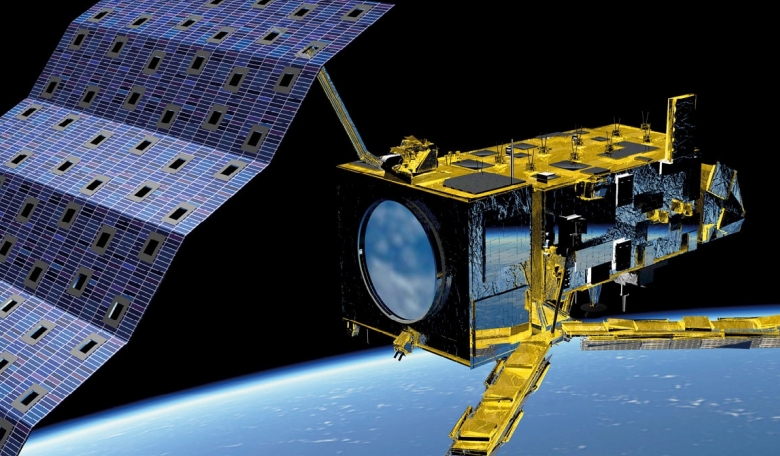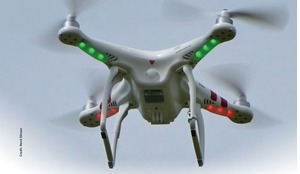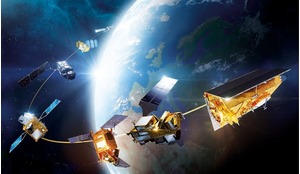The pan-European intergovernmental organisation EUMETSAT has a remit to establish, maintain and exploit European systems of meteorological satellites, and contribute to the operational monitoring of the climate and the detection of global climatic changes. Here, Marc Cohen looks at how future programmes will ensure consistent and timely observations of the weather, environment and climate from space with the aim of saving lives, preventing economic loss and supporting sustainable development and innovation.
Polar orbiting satellites are vital for national meteorological services. As well as delivering unique infrared and microwave imagery critical for nowcasting of high impact weather at high latitudes, they have a significant positive impact on Numerical Weather Prediction (NWP). The Initial Joint Polar System (IJPS), shared by EUMETSAT and the US National Oceanic and Atmospheric Administration (NOAA), currently accounts for around 45 percent of the total error reduction on Day 1 forecasts achieved by all types of observation ingested in real-time by NWP models.
EUMETSAT Polar System’s (EPS) Metop satellites have significantly improved operational meteorology, particularly NWP, whilst ensuring continuity in the long-term monitoring of factors known to play an important role in climate change, such as changing patterns in the distribution of global cloud, snow and ice cover, and ocean surface temperatures and winds.














